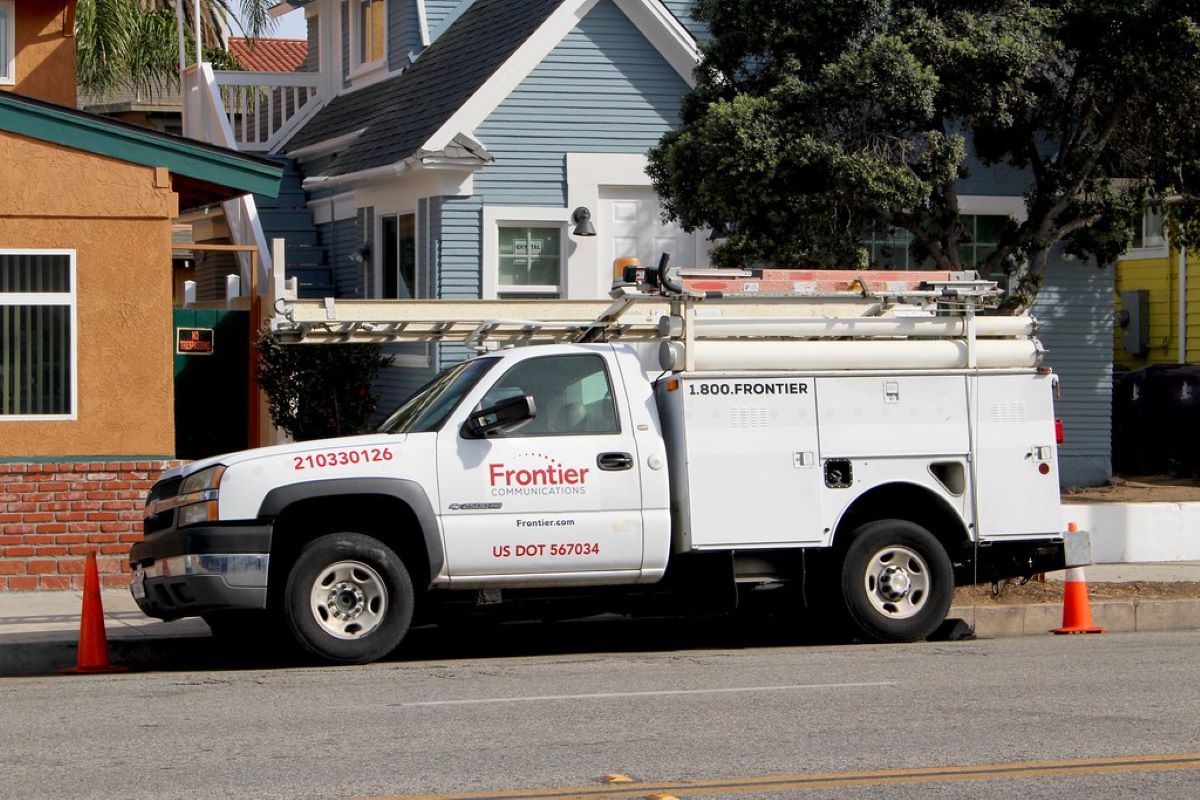Verizon announced on Thursday that it will acquire Frontier Communications in an all-cash deal valued at $20 billion, as the U.S. wireless carrier aims to expand its fiber network.
Verizon has offered $38.50 per share, representing a 37.3% premium over Frontier’s closing price on September 3, the day before reports of a potential acquisition surfaced. As of June 30, Frontier held total debt amounting to $11.25 billion.
Despite a nearly 38% surge in Frontier’s shares during the previous session, they dropped below Verizon’s offer price to $35.14 in premarket trading, while Verizon shares rose by about 1%.
The acquisition, expected to close in approximately 18 months, will strengthen Verizon’s position in the competitive market against AT&T and others by enhancing its ability to offer premium broadband services.
Frontier, with 2.2 million fiber subscribers across 25 states, will combine with Verizon’s existing base of roughly 7.4 million FiOS connections in nine states and Washington, D.C.
Back in 2016, Verizon had sold its TV and internet business in California, Texas, and Florida to Frontier in a $10.54 billion deal, which included a segment of its FiOS fiber networks and customers.

Currently, Verizon’s fiber network is concentrated in the Northeast and mid-Atlantic regions, whereas Frontier’s network spans across multiple states in the Midwest, Texas, California, and others.
Verizon CEO Hans Vestberg emphasized the strategic alignment of the acquisition, stating, “The acquisition of Frontier is a strategic fit. It will build on Verizon’s two decades of leadership…and is an opportunity to become more competitive in more markets throughout the U.S.”
The deal is projected to generate at least $500 million in annual run-rate cost savings by the third year and will positively impact Verizon’s revenue and adjusted profit.
Should the deal be terminated under specific conditions, Verizon would be required to pay Frontier a termination fee of $590 million.
Verizon maintained its annual profit and wireless service revenue forecasts. In July, the company had missed market expectations for revenue and experienced a significant decline in prepaid wireless subscriber numbers following the end of a federal internet subsidy.
Centerview Partners and Morgan Stanley served as financial advisors to Verizon, while Barclays advised Frontier.







Leave a Reply